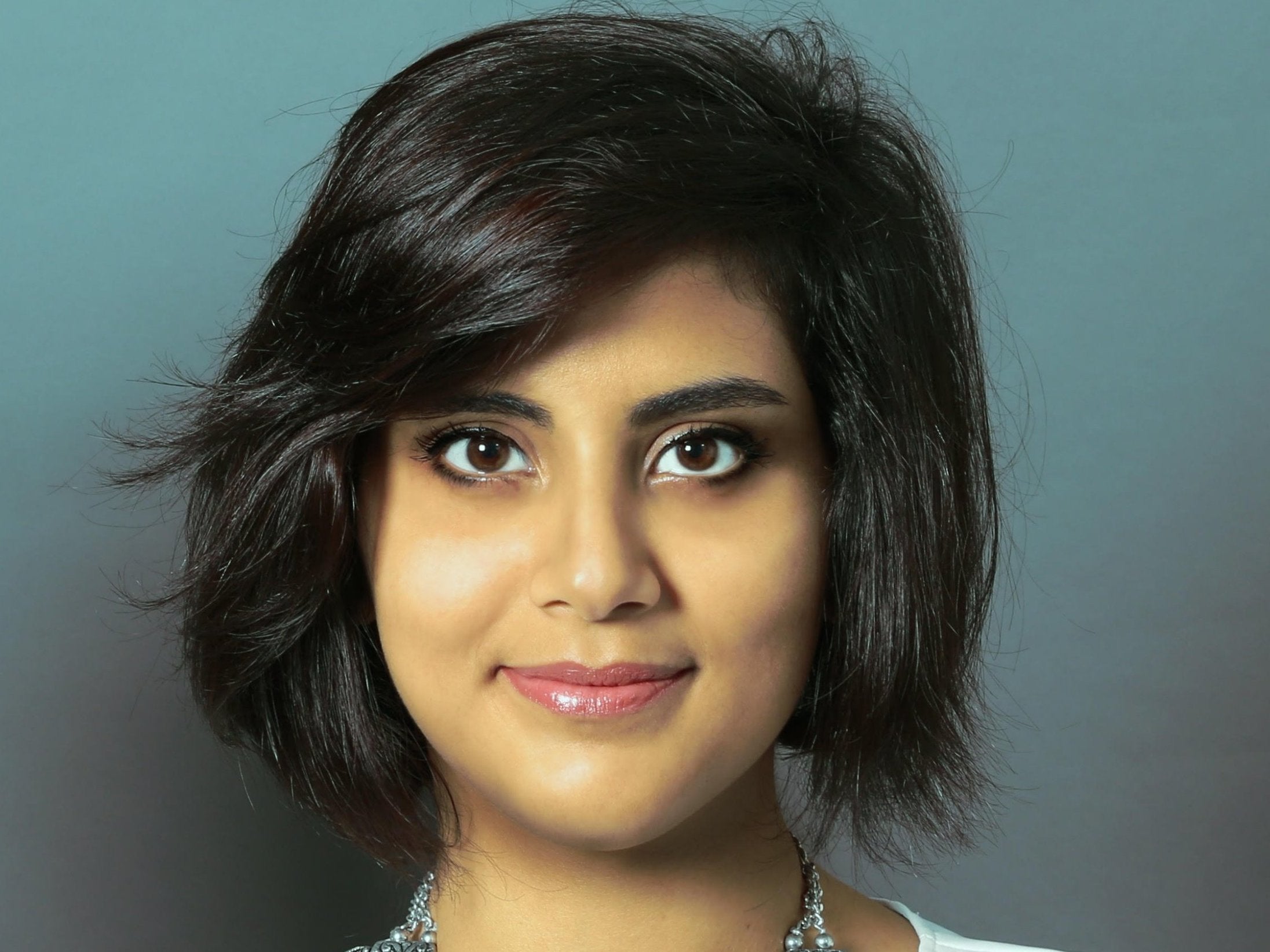Imprisoned Saudi women’s rights activists receive PEN Freedom to Write Award
Women have been subjected to 'imprisonment, solitary confinement, and torture by the Saudi Arabian government as part of its brutal crackdown on individuals who raise their voices in defence of women’s rights in the Kingdom,' PEN said Thursday

Your support helps us to tell the story
From reproductive rights to climate change to Big Tech, The Independent is on the ground when the story is developing. Whether it's investigating the financials of Elon Musk's pro-Trump PAC or producing our latest documentary, 'The A Word', which shines a light on the American women fighting for reproductive rights, we know how important it is to parse out the facts from the messaging.
At such a critical moment in US history, we need reporters on the ground. Your donation allows us to keep sending journalists to speak to both sides of the story.
The Independent is trusted by Americans across the entire political spectrum. And unlike many other quality news outlets, we choose not to lock Americans out of our reporting and analysis with paywalls. We believe quality journalism should be available to everyone, paid for by those who can afford it.
Your support makes all the difference.Three Saudi women’s rights activists are being honoured by PEN America – a day after standing trial in Riyadh.
Nouf Abdulaziz, Loujain al-Hathloul and Eman al-Nafjan – arrested in May 2018 – have won the PEN/Barbey Freedom to Write Award, the organisation announced on Thursday.
The writer-activists have publicly spoken out against the government and the oppressive guardianship system in Saudi Arabia, which restricts women’s travel, education and other rights unless a male guardian gives permission.
The women have been subjected to “imprisonment, solitary confinement, and torture by the Saudi Arabian government as part of its brutal crackdown on individuals who raise their voices in defence of women’s rights in the Kingdom,” the literary and human rights organisation said Thursday.
On Wednesday, Ms Hathloul and Ms Nafjan were among a group of women’s rights activists who stood trial at a closed-door hearing at the Criminal Court in the capital – but the government is yet to issue any formal charges. Ms Abdulaziz was also due to stand trial, but was not present on the day, The Independent understands.
The official Saudi Press Agency said the group of women were accused of “suspicious contact with foreign entities to support their activities, recruiting some persons in charge of sensitive government positions, and providing financial support to hostile elements outside the country”.
London-based Saudi rights group ALQST said the women were charged under the kingdom’s cybercrime law, which if convicted, could see prison sentences of up to 10 years.
Ms Hathloul’s family have said that she has been tortured and sexually harassed in jail. Saudi officials have denied those allegations.
“They saw that her hands were shaking, they saw the signs of torture – the burns and bruises on her legs,” Mr Hathloul, her brother, told The Independent last month.
The PEN award comes amid international condemnation for the government’s human rights records in the wake of its brutal crackdown against activists, its involvement in the killing of Saudi journalist and Washington Post columnist Jamal Khashoggi, and its role in the ongoing war in Yemen.
“The fleeting hope that generational transition in the Saudi leadership would open the door towards greater respect for individual rights and international law has collapsed entirely, with individuals paying the highest price as the government resorts to rank barbarism as a blunt means to suppress and deter dissent,” PEN America CEO Suzanne Nossel said in a statement.
“These gutsy women have challenged one of the world’s most notoriously misogynist governments, inspiring the world with their demand to drive, to govern their own lives, and to liberate all Saudi women from a form of mediaeval bondage that has no place in the 21st century.”
The United Nations Human Rights Council called on the Saudi Arabian government earlier this month to release human rights activists “exercising their fundamental freedoms”, including Ms Hathloul.
After Ms Abdulaziz’s arrest, fellow women’s rights activist Mayya al-Zahrani posted online a letter she had written in case she was captured.
“Why is our homeland so small and tight, and why am I considered a criminal or an enemy that threatens it! I was never but a good citizen that loved her country and wished the best for it, a loving daughter and a hardworking student and a devoted worker, who never demeaned hated or envied anyone.”
The award was established in 1987 and is given to writers imprisoned for their work, with previous recipients coming from Ukraine, Egypt and Ethiopia among other countries.
It has not been decided yet who will pick up the award on behalf of the women at the PEN gala on 21 May.
Join our commenting forum
Join thought-provoking conversations, follow other Independent readers and see their replies
Comments